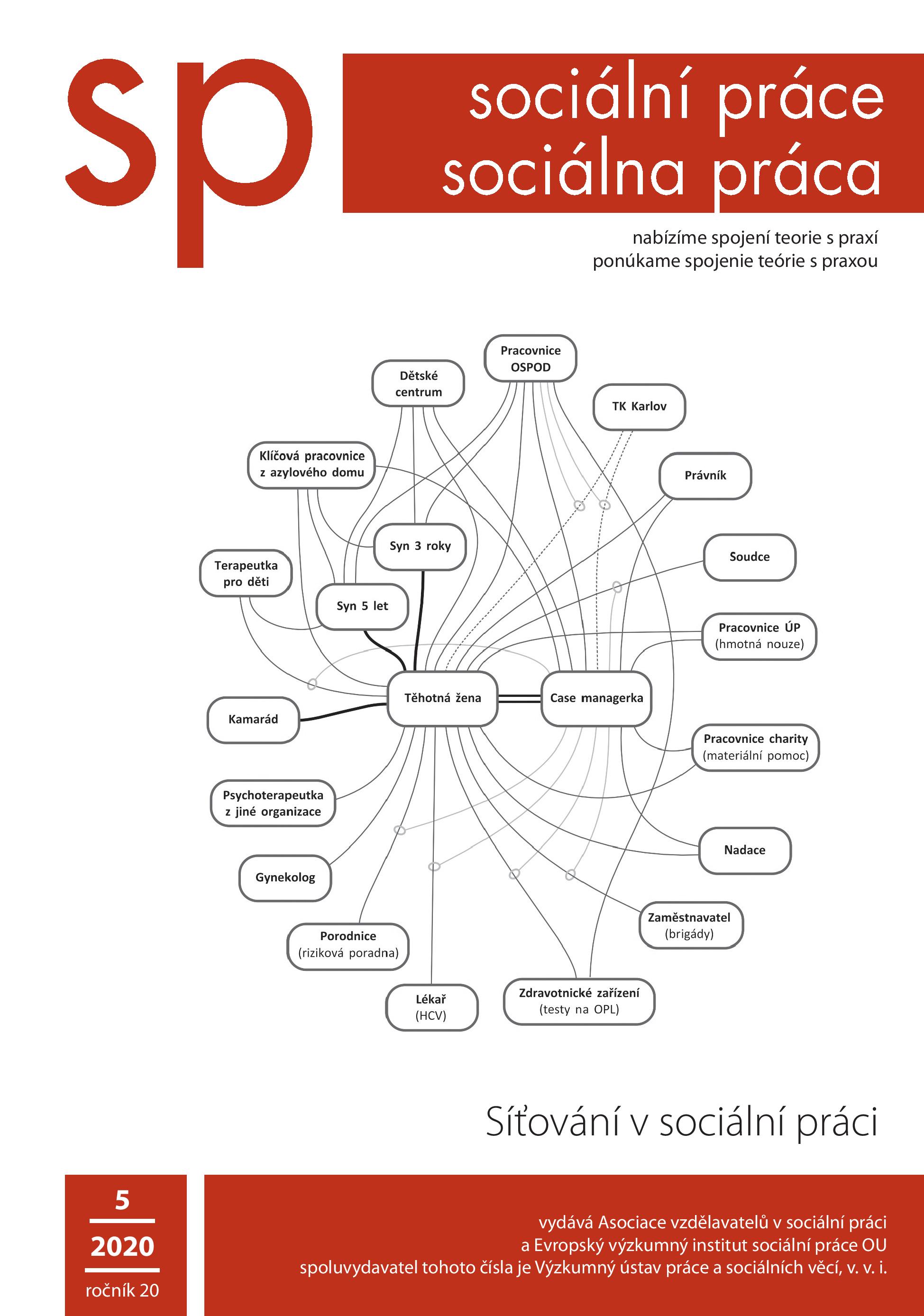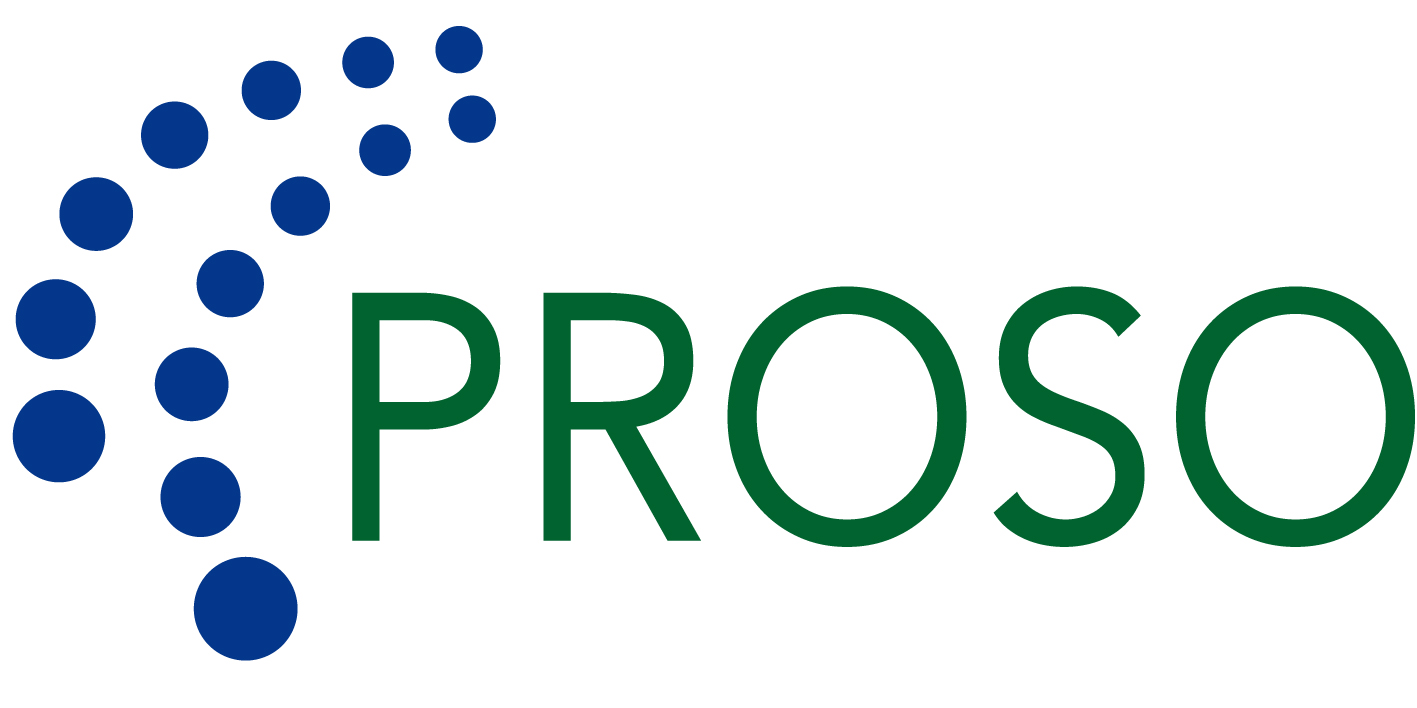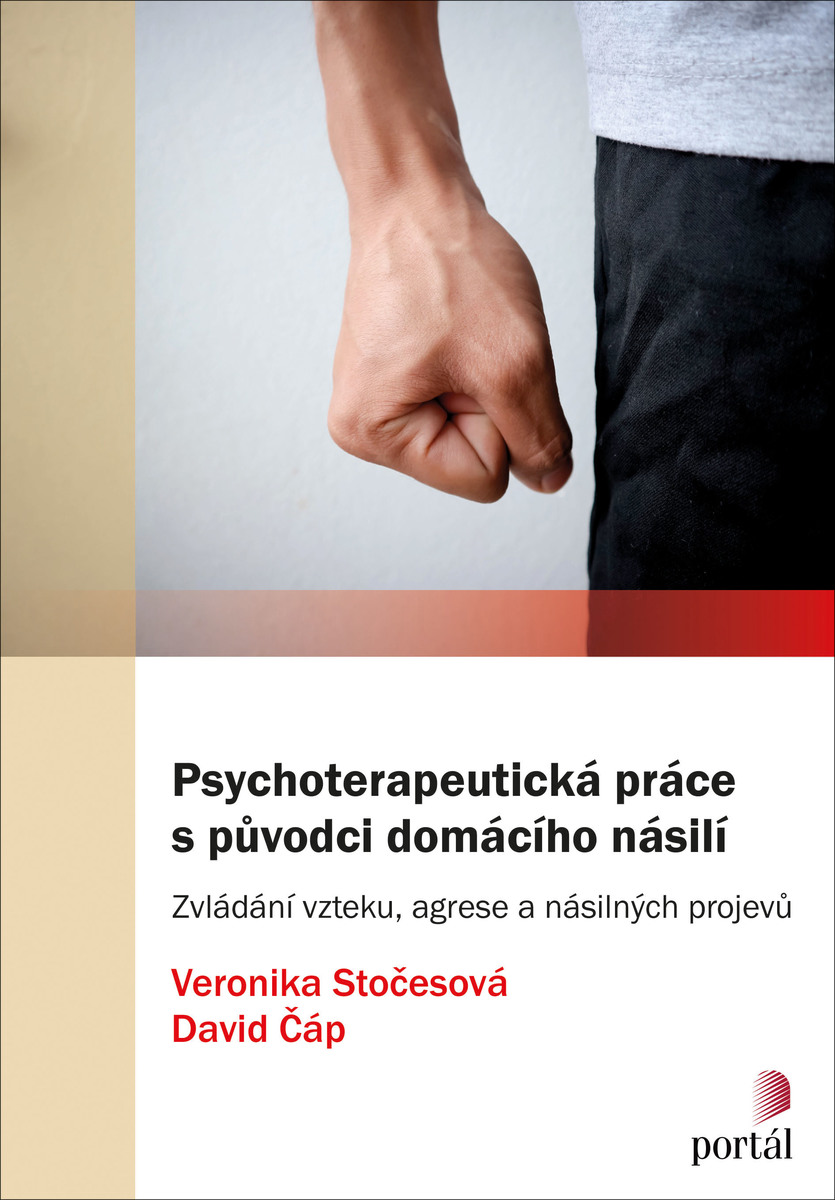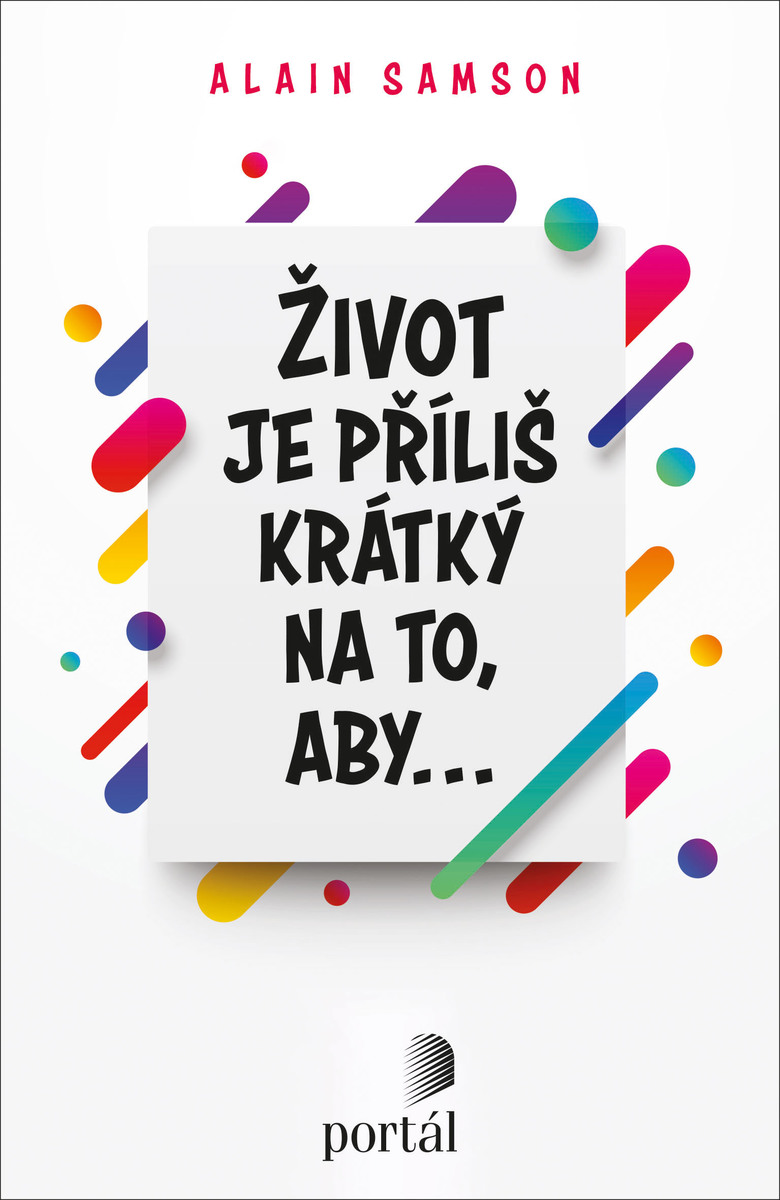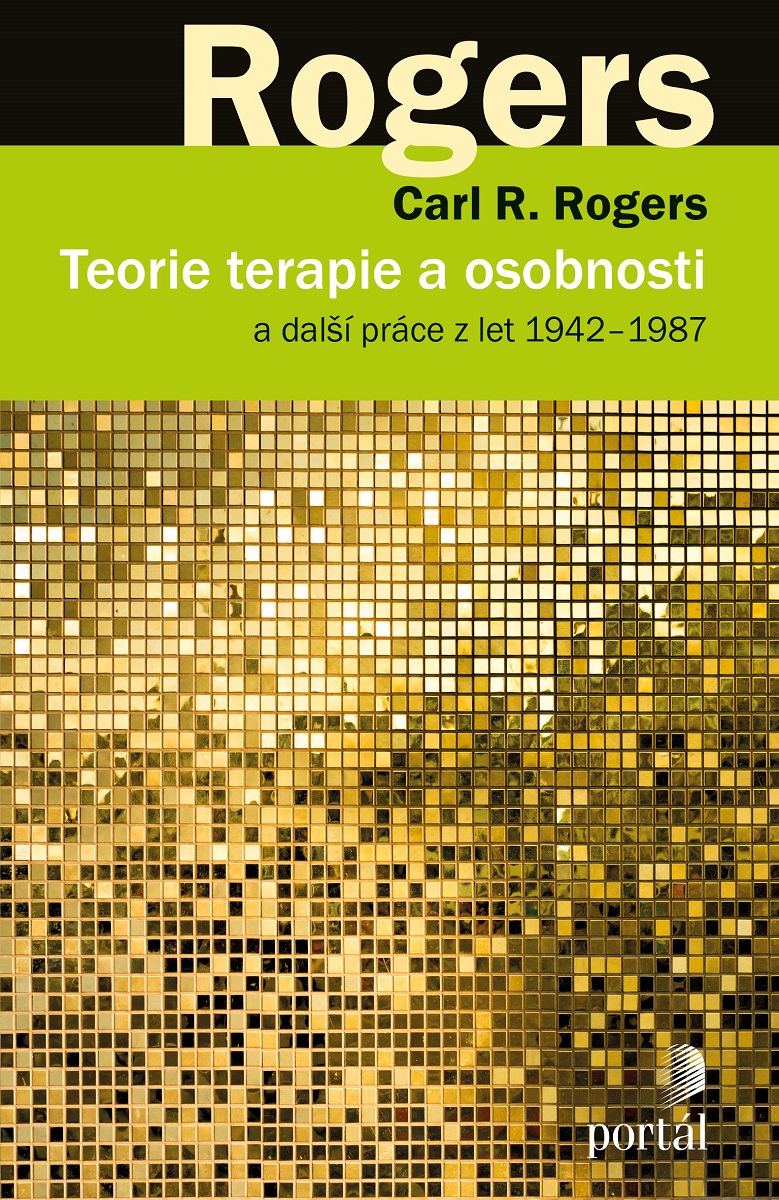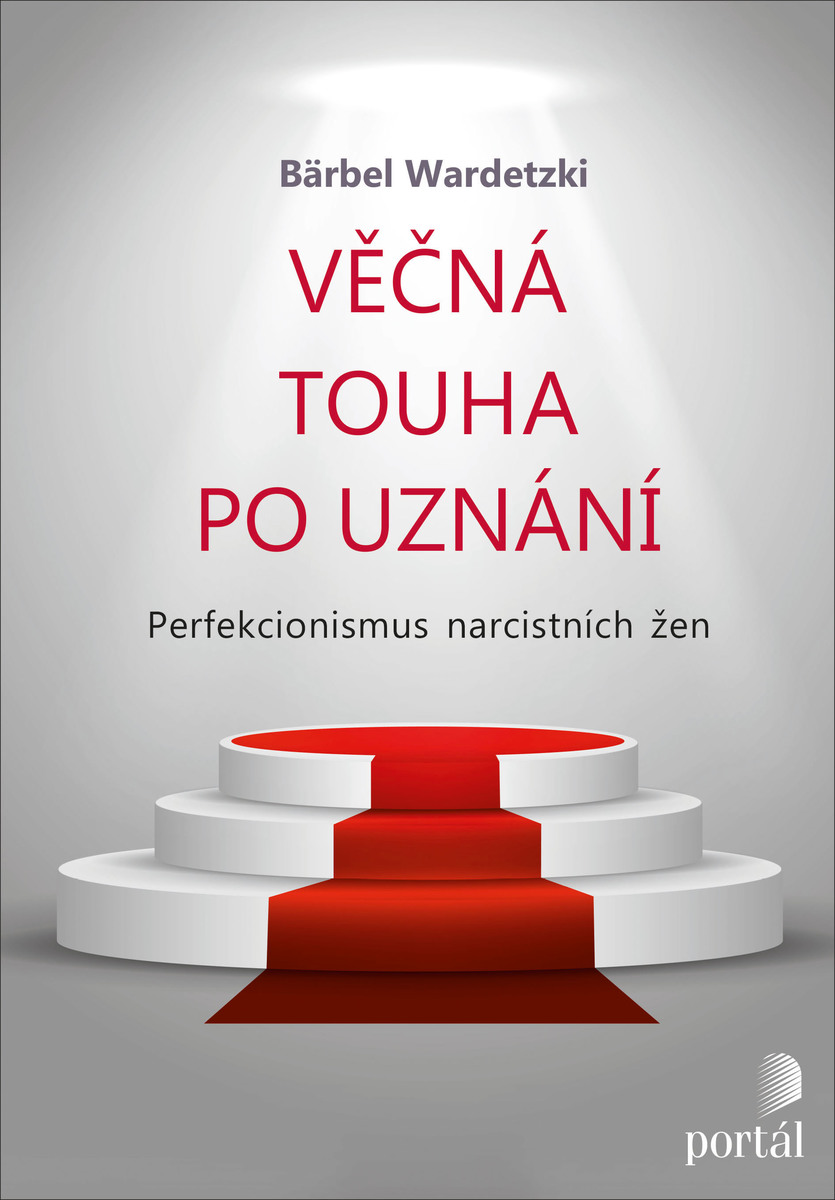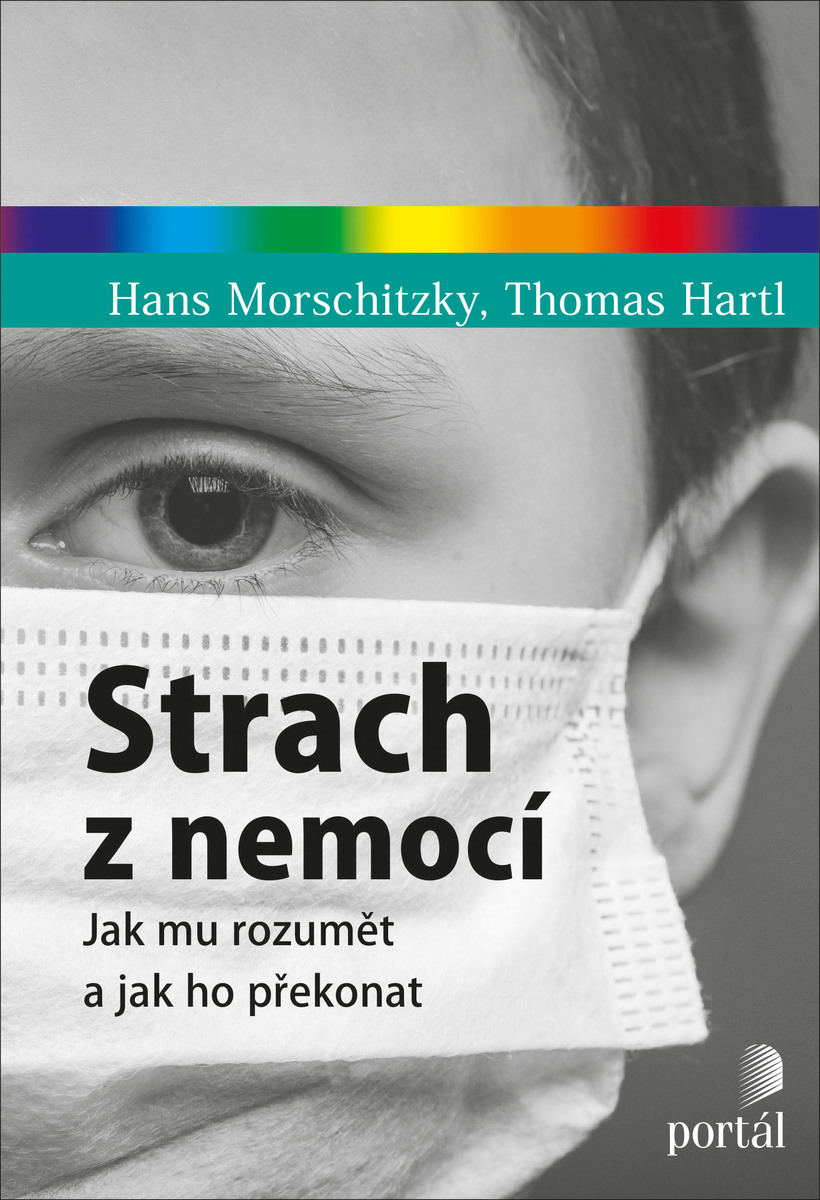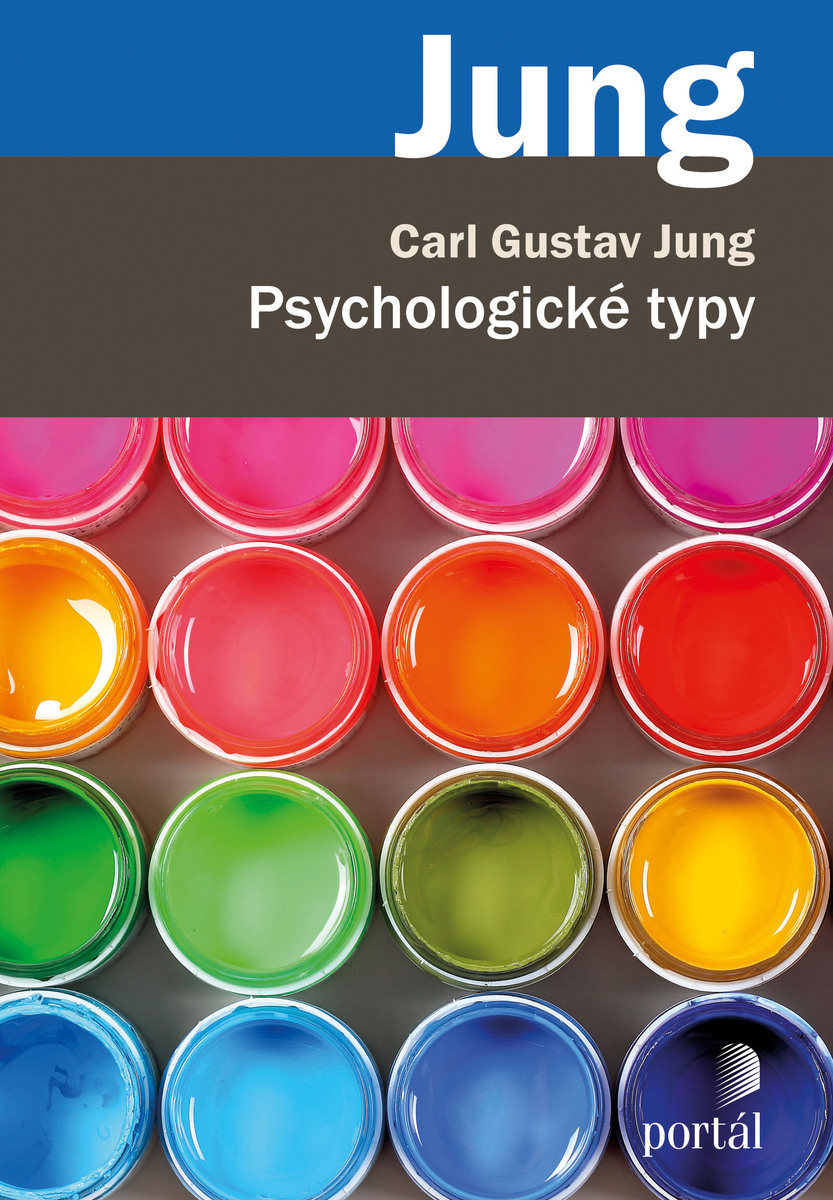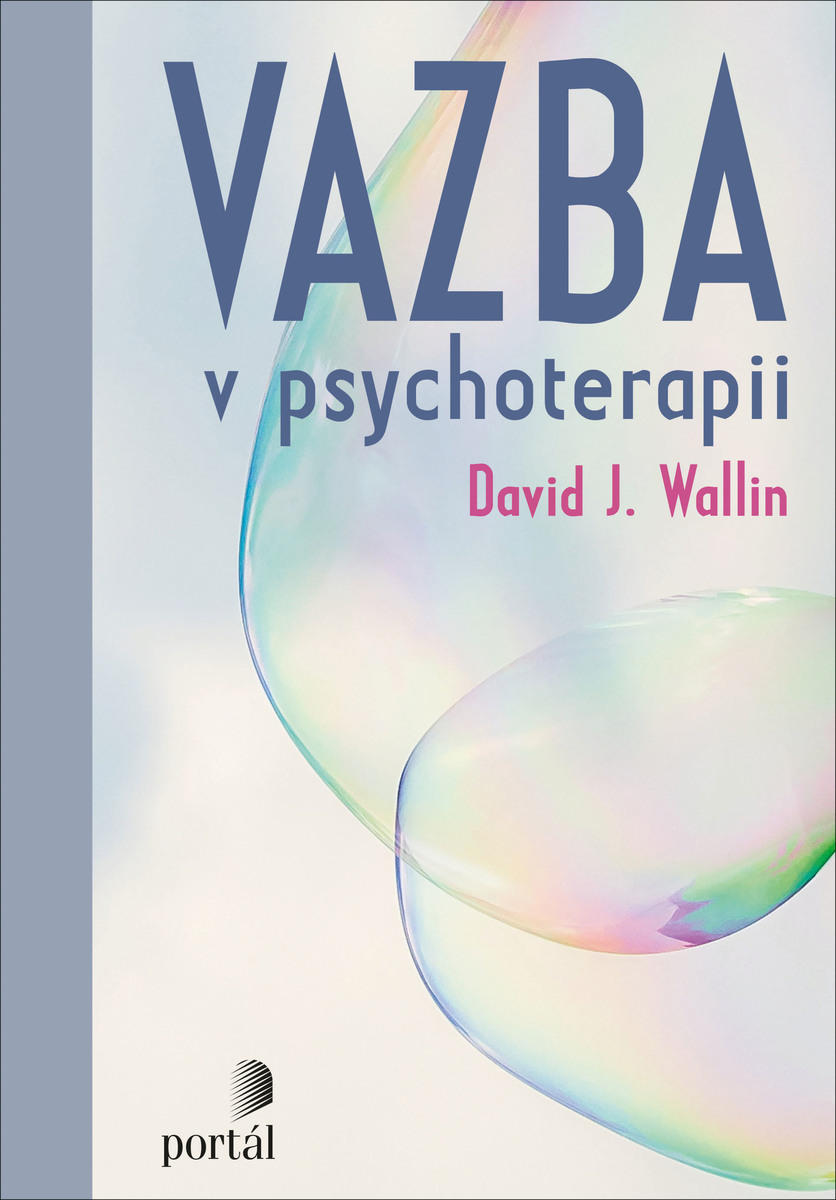Evropská asociace škol sociální práce - EASSW (European Association of Schools of Social Work) přichází s výzvou pro všechny vzdělavatele v oboru sociální práce pro dny 4. - 6. června 2016. Vzhledem k současné tzv. migrační krizi, jež je velikou výzvou pro všechny sociální pracovníky, podporovatele a poskytovatele služeb, EASSW povzbuzuje k zaměření se především na tuto problematiku a podpoření celoevropské snahy o osvětu obyvatelům evropských států a pomoc přímo zasaženým lidem.
Dva hlavní způsoby jak se zapojit jsou následující:
-
Uspořádání akce, kurzu, workshopu, přednášky, promítání, besedy, atd. na téma týkající se uprchlické krize, jejž by měly za úkol vyzdvihnout anti-rasistický hlas sociálních pracovníků a vytvořit tlak na vládní orgány, pověřené agendou související s migrací.
-
Vytvoření dokumentu či zprávy, složeného z reportů sociálních pracovníků, kteří pracují přímo s uprchlíky, ať už na místech, kde je problém aktuálně vyhrocený, či v cílové zemi. Nemělo by při tom jít o odbornou studii, ale o hlas lidí z terénu v kontextu profese sociální práce.
Plakátek k akci můžete stáhnout ZDE.
Pro více informací kontaktujte EASSW na emailu: socialworksolidarity@gmail.com.
A nebo si přečtěte následující průvodní dopis:
Dear European Social Work Educators,
Our profession has a very proud history of supporting refugees and extending genuine solidarity with those fleeing war and persecution. Numerous stories of sacrifice are a testament to this fact. To mention but a few, between 1940 and 1943 Irena Sendler, Polish-Jewish social worker saved nearly 2,500 children from the Warsaw Ghetto through the creation of underground networks. Also, African American social worker Thyra Edwards, who strongly believed at the universal nature of the struggle against all oppressions, left the US in 1936 and travelled to Barcelona in order to support displaced children through dedicated work at the Rosa Luxembourg Children Colony. She also helped the evacuation of children from Francoist Spain, often through clandestine networks. Janusz Korczak, educator and orhpanage director, demonstrated that the true meaning of pedagogy is supporting and empowering the most oppressed people in society when he refused freedom and stayed with Jewish orphans as they were sent from the Ghetto to the Treblinka extermination camp. He stayed with the children until the last minute and he died with them in the Nazi gas chambers.
Europe is currently facing the largest wave of refugee influx since World War Two. According to UNHCR in 2015 alone over a million people reached Europe crossing the rough waters of the Mediterranean Sea. European response to this crisis has been characterized by increasing discrepancy between solidarity shown by society and the militarization and criminalization of refugees promoted by state and EU agendas. As a result, there has been no safe passage to Europe. Consequently, crossing sea borders has become a deathtrap for thousands of people.
In 20015 there were approximately 5,500 migrant deaths globally, 3,770 of which occurred in the Euro-Mediterranean area alone.
Social work practitioners and educators have been at the forefront of the current struggle for supporting refugees and defending human rights. During the World Social Work Day the refugee issue dominated the agenda in nearly all seminars and events organised across the continent. Several colleagues suggested that more needs to be done and social work educators and practitioners should act in unison in order to amplify our profession’s voice. A voice inspired by principles of social justice, human rights and the spirit of the Geneva Conventions.
To this effect, the European Association of Schools of Social Work (EASSW) and the Social Work Action Network (SWAN) call for European Social Work Days of Solidarity with Refugees (4-5-6 June 2016). This initiative has already been endorsed by Global Social Work Organizations (most notably IFSW and the human rights committee of IASSW), trade unions (such as Unison) and national/ regional social work (such as the Nordic Association of Schools of Social Work) organisations. The involvement of your Social Work Schools would also be crucial for the success of this coordinated action. This is why we would like to ask you to use your creativity, resourcefulness and commitment in order to participate to the orgnisation of this action day.
This can happened primarily through:
1) The organisation of relevant events that fit in each country’s specific context (as seminars, lectures, press conferences, vigils etc). This will help amplify the voice of social work and promote the anti-racist principles of the profession. Also, it is important to apply some pressure to governments about recent breaches of the Geneva Conventions which have been a consequence of the Fortress Europe approach. Colleagues can be creative and inventive while organising this. For example, social workers who work with unaccompanied minors and refugee
children could organise an exhibition of children paintings/ art depicting their experiences. In countries where there are detention centres or 'Hot Spots’ we would suggest that colleagues could organise something in proximity to hot spots and if/ when possible include refugees.
2) The second aspect of the Day of Solidarity will include the collection of social workers views' from the frontline and compilation of a report. We are aware that there are already many reports with regards to the refugee question but what we are planning to do is rather focus on a social work “grassroots report”. This will include ‘testaments’ and views from social workers who either work directly with refugees or will visit refugee camps on the day of action, documenting the plight
of refugees and the work practitioners do. It does not have to follow rigid academic rules. Eventually we will send a slightly more specific list of information that we will require for the report but as a rule we will be looking for ‘stories’ or ‘case studies’ that reflect the current treatment of refugees (from a social work perspective).
In these extraordinary times, social work educators and practitioners, once again are expected to be in the frontline of the academic, political and social struggle for the defence of human rights and social justice. The mobilization of all EASSW members is both crucial and necessary.
Please do share with us your ideas, initiatives, thoughts and updates on your work towards the European Social Work Day of Solidarity with refugees via:
socialworksolidarity@gmail.com
On behalf of the EC of EASSW
Vasilios Ioakimidis, Vice President






